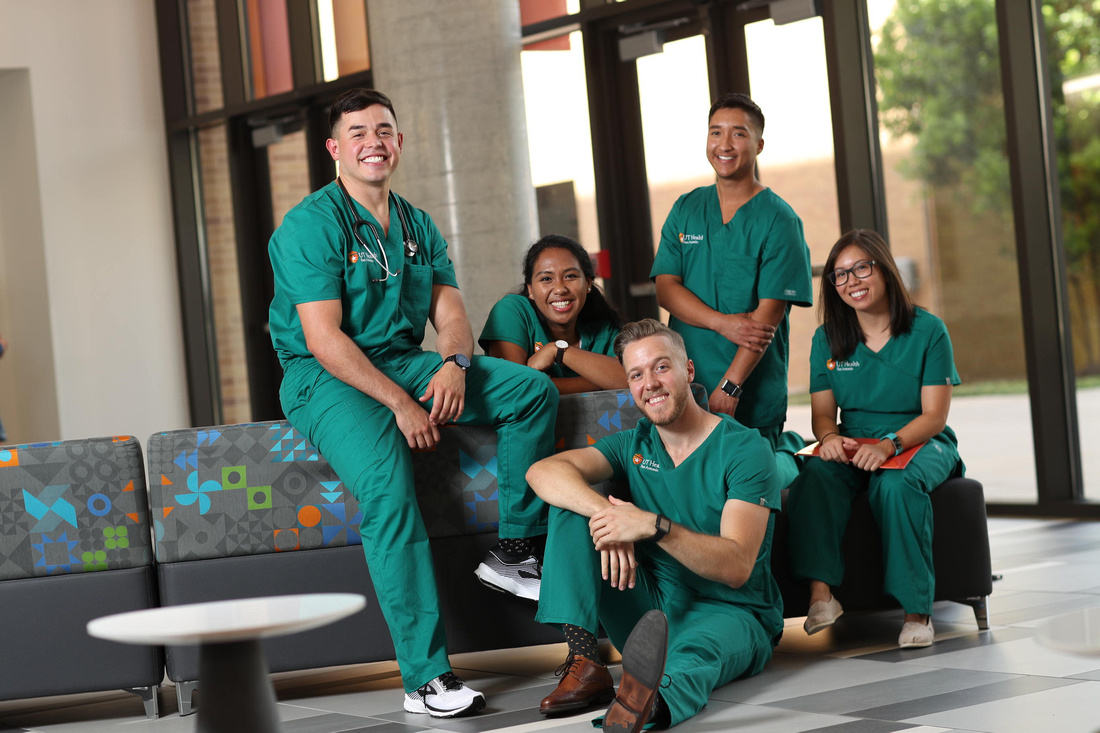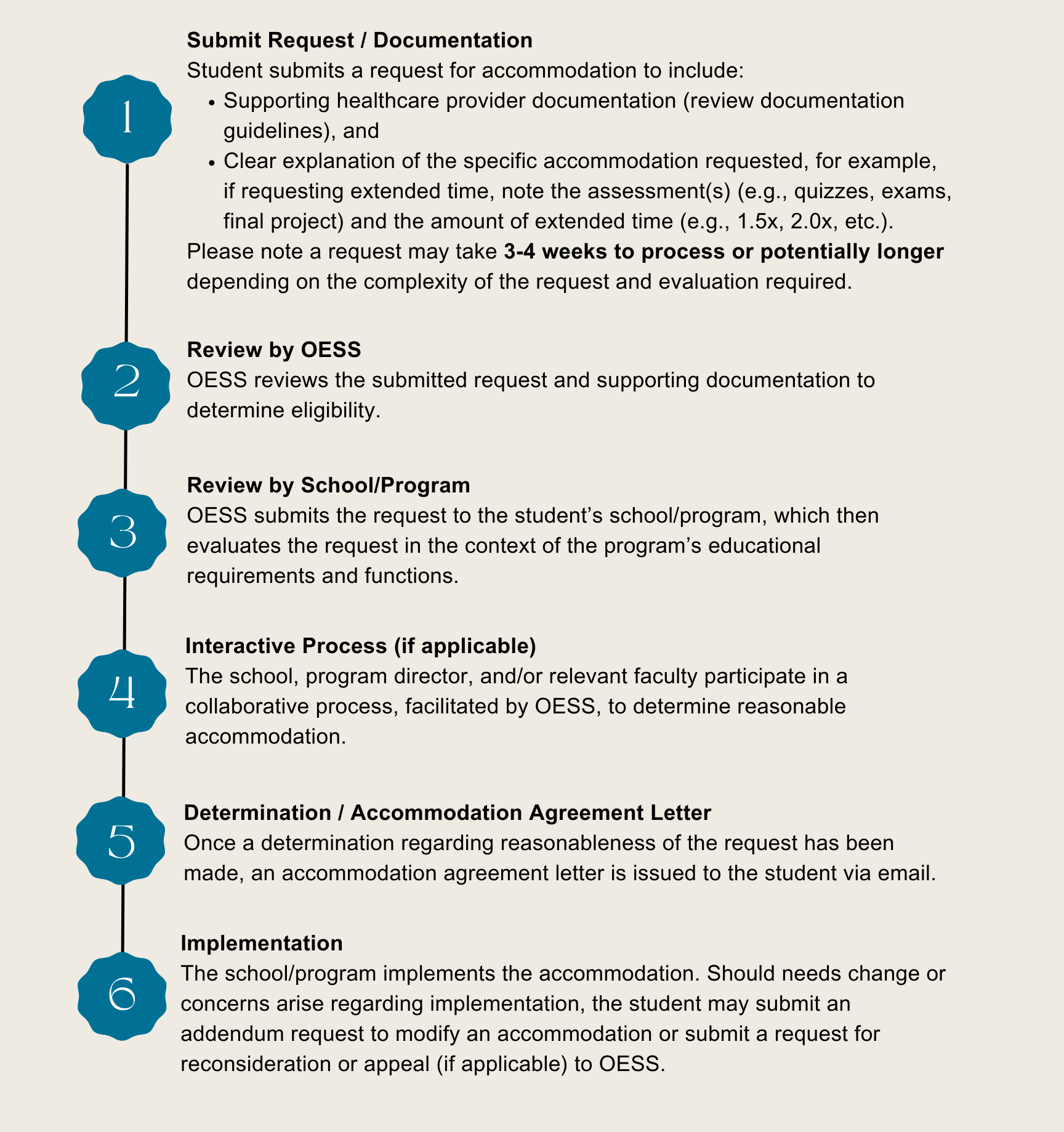Notice of Non-Discrimination
UT Health San Antonio is committed to providing equal access and opportunity for all employees, applicants, students, trainees, patients, other members of the university community and individuals who access services or programs of the university in accordance with state and federal laws and regulations, including the Rehabilitation Act of 1973, as amended, and the Americans with Disabilities Act (“ADA”), as amended. Accommodations may be provided to an individual with disabilities for access to university facilities to perform the essential functions of their job and/or to participate in university academic programs, services and activities. To ensure compliance with Section 504 of the Rehabilitation Act of 1973, the Americans with Disabilities Act, as amended, and state civil rights laws, UT Health San Antonio has developed policies prohibiting discrimination based on disability status. The Office of Educational Support Services administers the academic disability accommodation request process and is responsible for establishing procedures and practices with respect to academic disability accommodation across the university.








